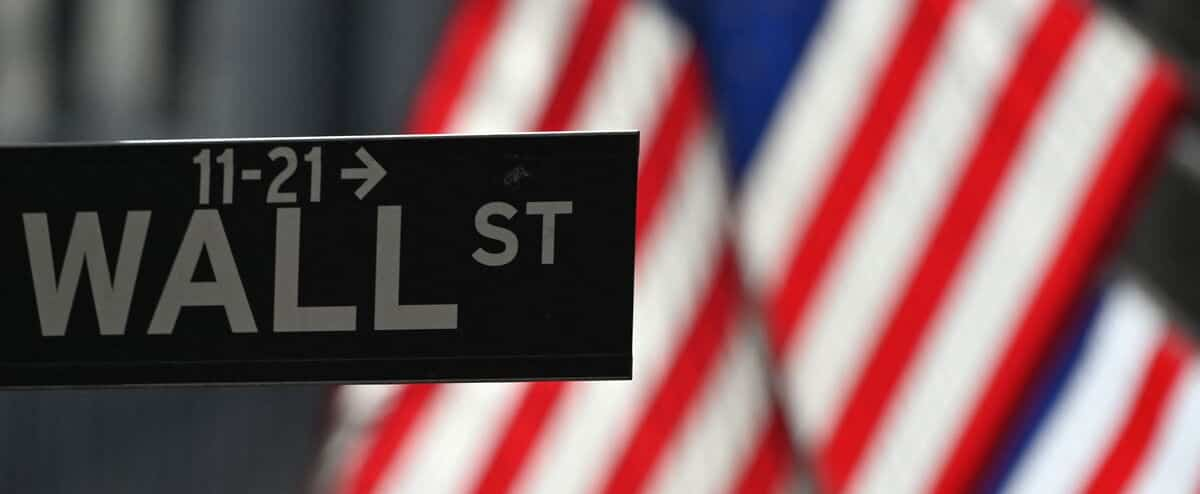In the face of the rapid spread of the Omicron variant, large US companies are forced to bolster their anti-COVID arsenal and postpone the schedule for returning to the office.
All sectors are involved, but actions vary in severity.
Among the more hawkish groups, Google notified its employees in early December that they would no longer be paid and could even be laid off if they did not declare their vaccination status after a certain date, according to a document. Internal Consultant by CNBC.
“We believe our vaccination requirements are one of the most important ways to keep our employees safe and keep our services running,” a Google spokesperson said.
“We are committed to doing everything we can to help our employees who can get vaccinated.”
The search engine giant has also indefinitely postponed a return to the Bureau of Engineers and Developers, tentatively scheduled for January.
For its part, Meta (the parent company of Facebook) offers its employees the possibility to choose the workplace best suited to their needs.
Amazon, which has proposed that office workers return face-to-face at least 3 days a week in early 2022, is expected to make new announcements in January, a company spokesperson told AFP. Warehouse staff and drivers are not affected by these arrangements.
Apple has reinstated the mandatory mask in all of its US stores after making it optional in November at 100 points of sale.
The apple brand also temporarily closed stores in Florida and Maryland this week as well as in the Canadian province of Ontario.
Wall Street is on the defensive
Wall Street must also adapt to the increase in the number of pollution cases in New York and other financial centers in the country.
JPMorgan has since Tuesday restricted access to nine of its Manhattan buildings for vaccinated people, who are not required to wear a mask indoors.
“We are taking this action because vaccination rates are very high among our employees,” the bank said in an internal memo seen by AFP.
“With rates well above 90%, it seems unfair to us to force our vaccinated employees to wear masks all day long in their offices.”
Unvaccinated employees must work from home.
Despite wanting to return to normalcy, JPMorgan had to back off from the bank’s January health conference in California, which was initially supposed to take place face-to-face.
Under pressure from many participants concerned about the risk of injury and “excessive caution”, the bank made the event pass by default.
Other big names in US finance, such as Citigroup or Morgan Stanley, are encouraging their employees to work from home as much as possible over the coming weeks.
In supermarkets, groups are also taking the lead in facing the risks of more customers wanting to fill their shelves before potential new restrictions are imposed.
Supermarket chain Kroger, for example, will suspend special sick leave payment for Covid to unvaccinated employees, according to information from several US media outlets.
Employees who haven’t been vaccinated will also have to pay a $50 premium from January to stay on the company’s health insurance.
Generalized telework?
Joe Biden wants to impose a vaccine obligation on companies with more than 100 employees, but his project is the subject of a legal battle: A federal court on Friday reinstated the president’s action, which was blocked by another body.
According to a study conducted at the end of November by insurance broker Willis Towers Watson, 57% of American employers already require or are considering making it mandatory to vaccinate their employees.
“Employers can encourage vaccination and booster doses by adapting the schedule and rest days, and encouraging frequent screening tests, which require the wearing of a mask in the workplace to ensure health and safety,” notes Jeff Levine-Shares of Willis Towers Watson.
One of the main impacts of Omicron could also be continued use of telework in the coming months.
As of December 8, office occupancy rates in major US cities were barely 40%, according to a weekly scale conducted by security systems specialist Kastle using data from 10 metropolitan areas across the country.
It was about 95% in March 2020, before the first containment measures.

“Subtly charming problem solver. Extreme tv enthusiast. Web scholar. Evil beer expert. Music nerd. Food junkie.”

